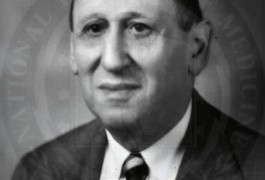Male slant to research may skew autism’s reported sex ratio
Clinicians may need to go beyond the ‘masks’ to find autism in women.

Clinicians may need to go beyond the ‘masks’ to find autism in women.

It’s past time for mainstream discussions of ‘women with autism’ to recognize that a significant portion of the autistic community identifies as gender-queer or non-binary.

Researchers need to consider new ways of capturing how autism manifests in girls, who may find clever ways of camouflaging their symptoms.

Elsa, the star of the movie “Frozen,” is the poster child for girls with autism.

A brain system called declarative memory may help people learn scripts and strategies that alleviate autism symptoms, say Michael Ullman and Mariel Pullman.

Thought until recently to only coordinate motor skills, the cerebellum is involved in diverse cognitive functions such as language and social interaction, and may play a role in autism, says Emanuel DiCicco-Bloom.

A global approach to understanding autism that respects the uniqueness of different communities is not a choice, but a necessity, says Mayada Elsabbagh.

To understand the amygdala’s role in autism, researchers should study its connections with other brain structures and explore its role in development, says Ralph Adolphs.

Donald T. was not like other 5-year-old boys. Leo Kanner knew that the moment he read the 33-page letter from Donaldʼs father that described the boy in obsessive detail as “happiest when he was alone… drawing into a shell and living within himself… oblivious to everything around him.”